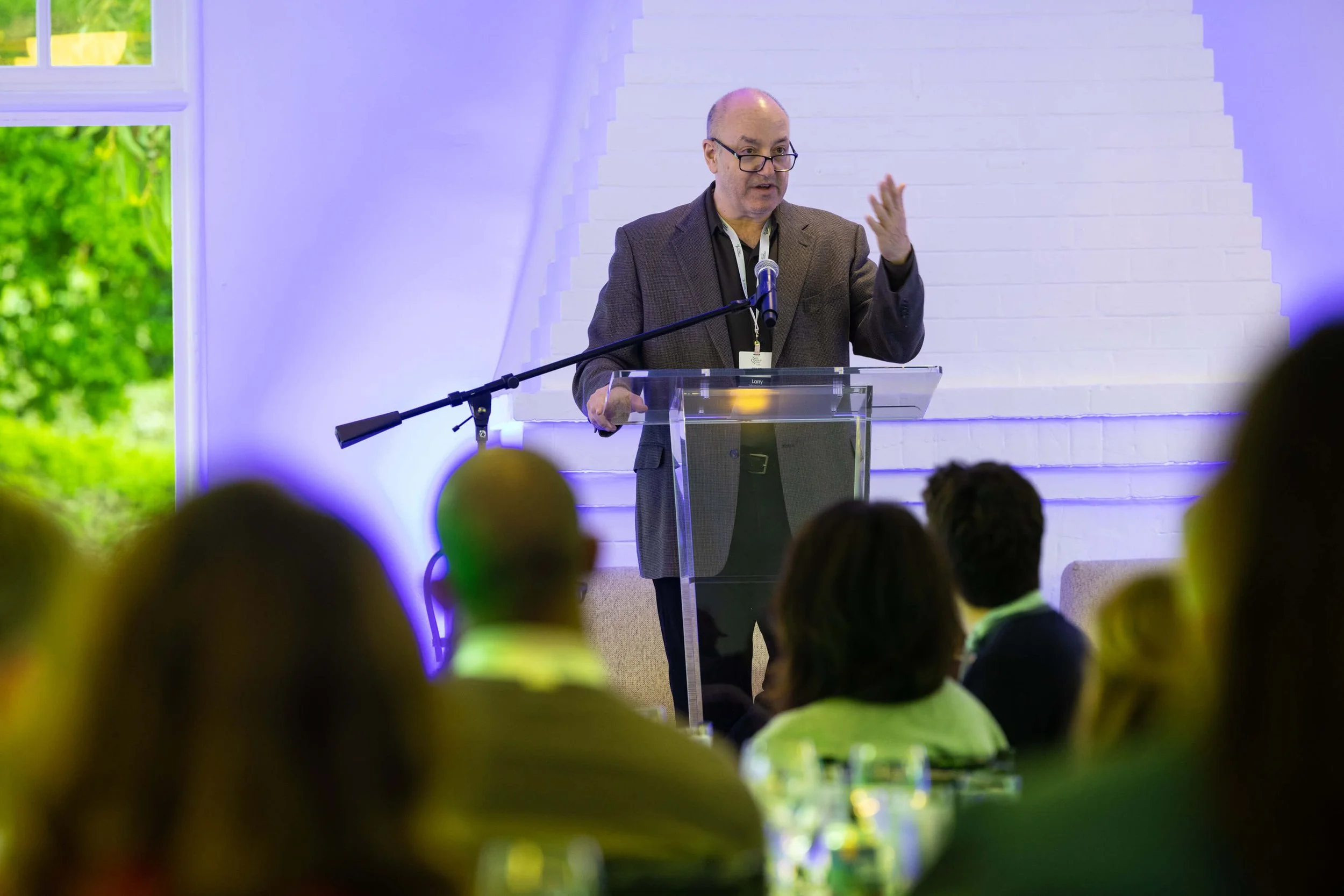Who's Backing the Next Generation of Smart Grid Experts?
/photo: Urbans/shutterstock
The W.M. Keck Foundation is a long-running science and education funder that just kind of chugs along doing its thing, with its steady stream of six- and sometimes seven-figure grants backing a lot of cool projects. So we're always on the lookout for what kind of far-out science or surprising undergrad programs it’s getting behind.
The latest such grant to catch our attention is headed to the Oregon Institute of Technology in support of a new Smart Grid Lab that will be named after the foundation. While not an energy or climate funder, Keck does venture into green subject matter from time to time, awarding this particular grant through its undergraduate education program.
The grant for $225,000 will allow undergraduate engineering students to gain expertise in the power sector and conduct research on the future of energy systems, using new hardware and software to improve the way electricity grids distributes power.
There’s a pretty standard STEM education element to this grant, helping college students gain leading-edge training in a field with high demand for incoming professionals.
But smart grid research is also important to the future reliability of the country’s aging energy infrastructure, and to integrating the growing share of renewable energy sources like wind, solar and geothermal. The future grid will use advanced sensors, data collection, and communication software to become more efficient and flexible, reduce and respond to outages, and make clean energy more reliable.
Smart grid technology is also complex, and involves many stakeholders and sectors, requiring knowledge in multiple disciplines, a focus of the new center. Oregon Tech is a Klamath Falls-based school that already offers degrees in renewable energy and self-generates the vast majority of its electricity from renewable sources.
Smart grid technology has been the subject of significant Department of Energy-funded research, including billions allocated through the American Recovery and Reinvestment Act. On the philanthropy front, the leader in this space is software billionaire Thomas Siebel, who launched the Siebel Energy Institute to distribute grants toward smart grid technology. The Rockefeller Foundation has also devoted funding to mini-grid tech, focused on expanding access to electricity in India.
The Keck grant comes from the foundation’s undergraduate education program, which gives awards of under $1 million to projects that prioritize research, science and tech, critical thinking, and interdisciplinary work. Keck’s other main programs fund edgy research projects in science, engineering and medicine, and local funding in Southern California. Grants are chosen by a series of committees, including but not limited to Keck family members—the founder was the head of the Superior Oil Company.
Again, while not an environmental funder, we’ve seen some interesting environmental-adjacent projects from Keck. In this latest science grant cycle, for example, a $1 million grant is going toward study in Hawaii of the microbiomes of large-scale ecosystems, and another for the same amount to Woods Hole Oceanographic Institution to develop a new acoustic tool for ocean science. Previously, we covered one campus grant to study river health in California and another to Portland State University in support of a green architecture and design program.
While Keck comes at this topic with a clear interest in science and education, hopefully, the foundation will make grants in the climate and energy space a trend in its future funding patterns. This is a topic that needs as much support as it can get, from across the spectrum of foundations and their priorities.
Related:







































